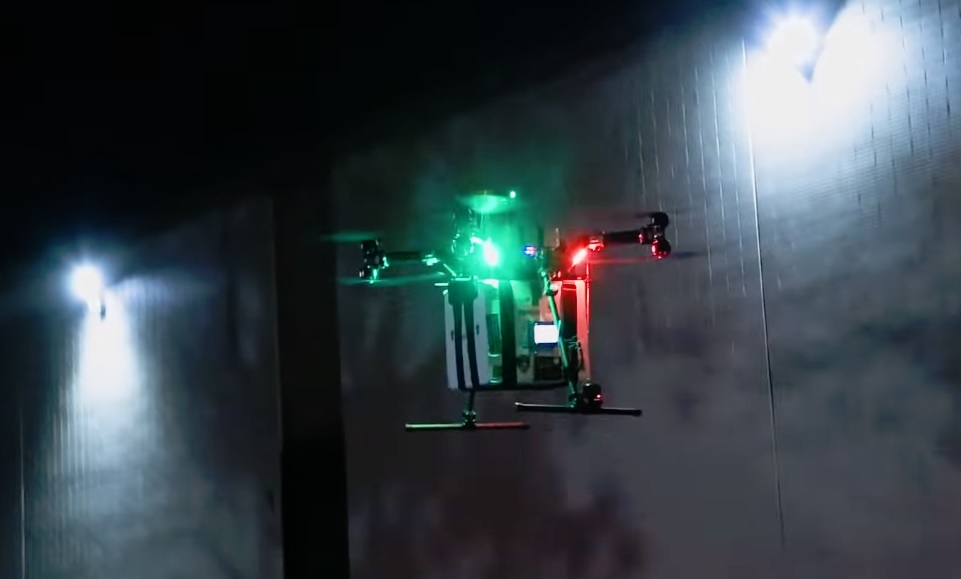For the first time in history, drone technology has been used to save a human life. According to reports, doctors successfully flew a drone carrying a kidney due for transplant from Baltimore’s St. Agnes Hospital to the University of Maryland Medical Center.
The medical drone flew a total of 2.7 miles, reaching its destination in 10 minutes. Darryll J. Pines, dean of UMD’s engineering department, said in a statement:
“There’s a larger purpose at stake. It’s ultimately not about the technology; it’s about enhancing human life.”
The drone was developed by a team of doctors and engineers at the University of Maryland. The team was led by Dr. Josph Scalea who said that the project was launched due to the constant frustration caused by long hours of waiting for organs to arrive and reach his patients.
Organ Delivery Using Drone Technology
Donated organs must remain healthy after extraction from a donor patient. The lifespan of an organ significantly decreases with every minute it spends outside of a human body. In one occasion, Dr. Scalea recalled receiving a kidney way too late after 29 hours of travel from Alabama to UMD.
Dr. Scalea added:
“Had I put that in, at nine hours, the patient would probably have another several years of life. Why can’t we get that right?”
The drone delivery was just a test, but it was able to save the life of 44-year old nursing assistant Trina Glipsy. Glipsy claimed that she was already losing hope until she received the good news last April 18th that a donor match had been found.
Glipsy said:
“I feel very fortunate, especially after watching so many people pass being on dialysis. I’m seeing a lot of people die and I’m like, ‘It’s taking so long, it might not happen for me either.'”
The drone developed by Dr. Scalea and his team for the test was made up of backup propellers and motors, dual batteries, and a parachute recovery system should it encounter any problem while flying. Two drone pilots monitored the device through a wireless network and were prepared to override the system should the need arise.
Dr. Scalea further said:
“This new technology has the potential to help widen the donor organ pool and access to transplantation. Delivering an organ from a donor to a patient is a sacred duty with many moving parts. It is critical that we find ways of doing this better.”












Comments (0)
Most Recent